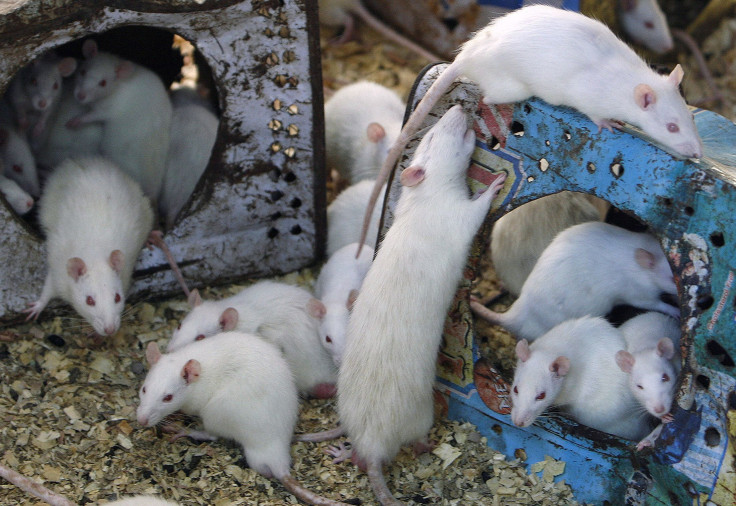How To Stay Young And Fit? Adding Avocado, Broccoli And Cucumber To Your Diet May Help You Stay Looking Fresh

The key to youthful longevity may be at the local grocery store.
Scientists at Washington University in St. Louis and at Keio University in Japan published findings Monday that concluded compounds found naturally in some common vegetables have “remarkable anti-aging effects in mice” that may also work the same way on people. Those veggies? Avocado, broccoli and cucumber.
The researchers have begun clinical trials in a small group of people based on their lab findings with the mice. The initial research involved giving older mice a compound found in vegetables, known as NMN, through their water. After the mice were given the compound, the researchers said, physical activity increased, bone and muscle density improved and the immune system performed better. Those affects joined improved performance of the liver, as well as improved eyesight and weight loss.
“Those NMN [fed] mice definitely have longer health-span – entire lifespan, we’re not sure, but if this keeps working in this way they could have a longer lifespan as well,” Imai told the Independent. “We have shown a way to slow the physiologic decline that we see in aging mice. This means older mice have metabolism and energy levels resembling that of younger mice.
Imai said the human trials have a good chance of producing similar results. “Since human cells rely on this same energy production process, we are hopeful this will translate into a method to help people remain healthier as they age.”
Of course, people have claimed to have found anti-aging serums before and many others are actively looking for their cure to old age. One of the highest profile of which is a startup backed by billionaire Amazon founder Jeff Bezos, which has $116 million in investments to chase after the next great anti-aging cocktail.
© Copyright IBTimes 2024. All rights reserved.























